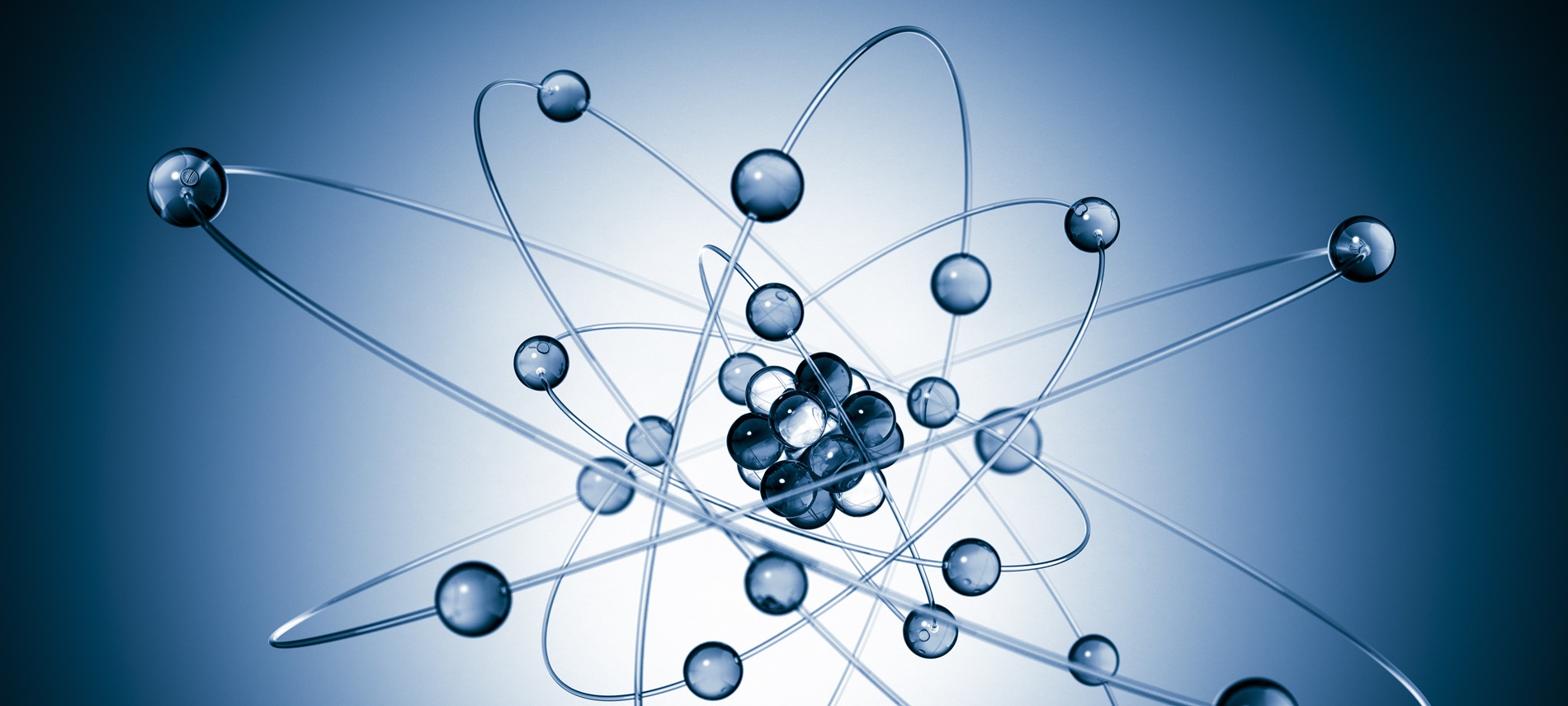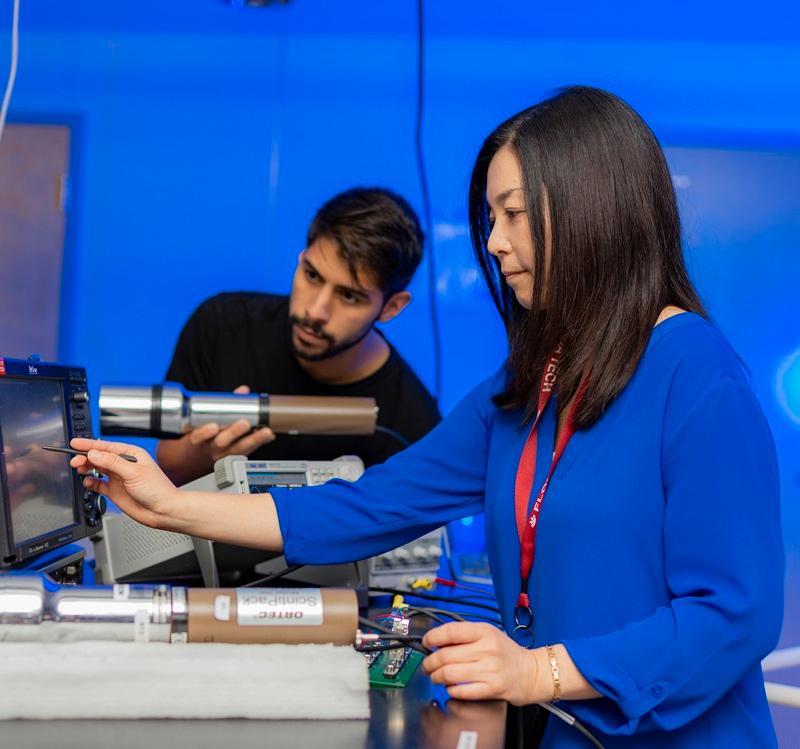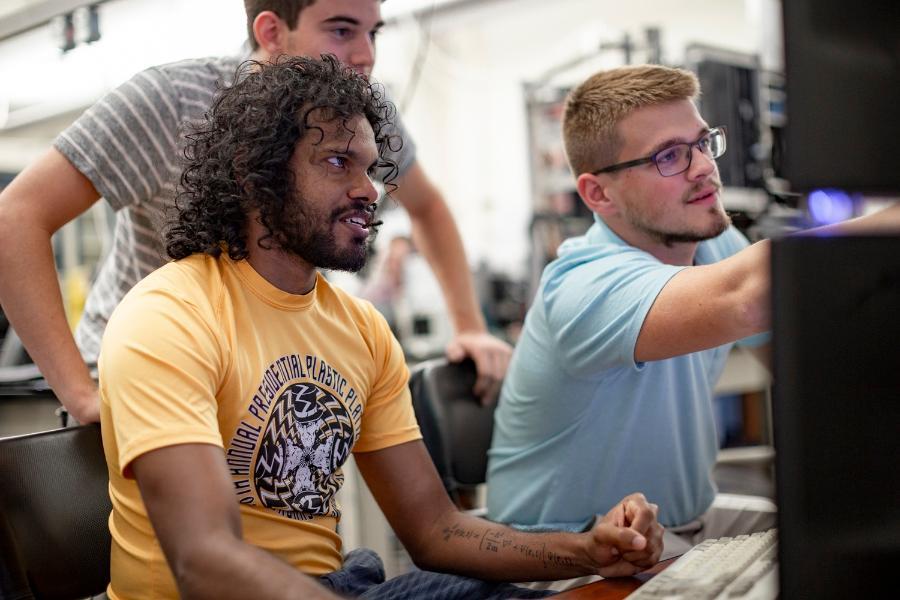Physics faculty at Florida Tech are deeply engaged in high-impact research, from probing the behavior of fundamental particles at CERN to developing quantum annealing algorithms for high-energy physics.
Their expertise spans advanced detector design, dark matter searches, high-energy astrophysics and theoretical modeling of intelligent systems. Several are active members of major international collaborations, including CMS and RD51, giving the program strong connections to global physics research.

 Give to Florida Tech
Give to Florida Tech 


